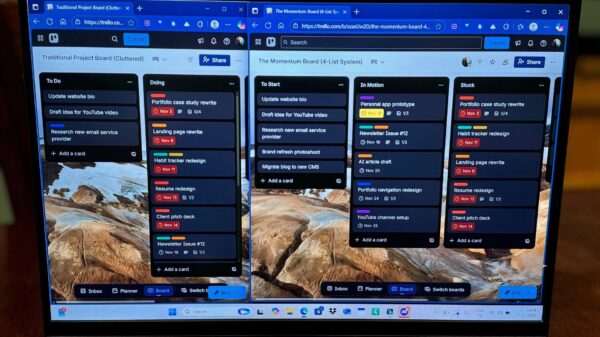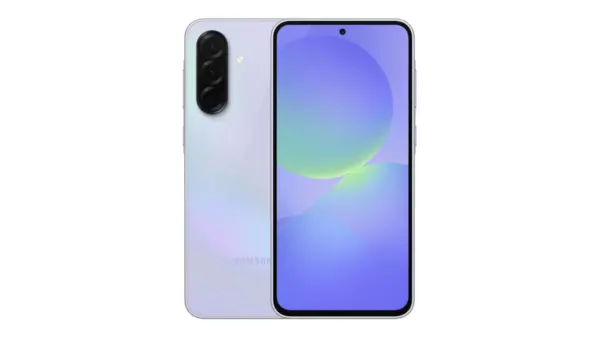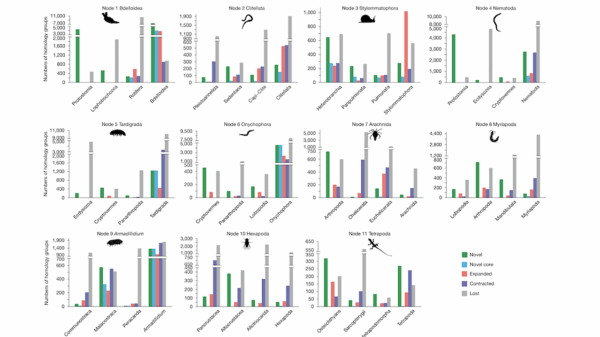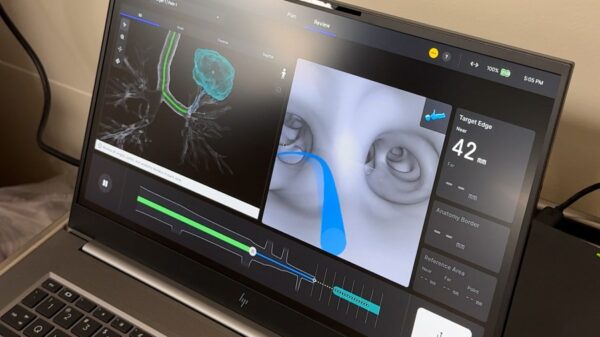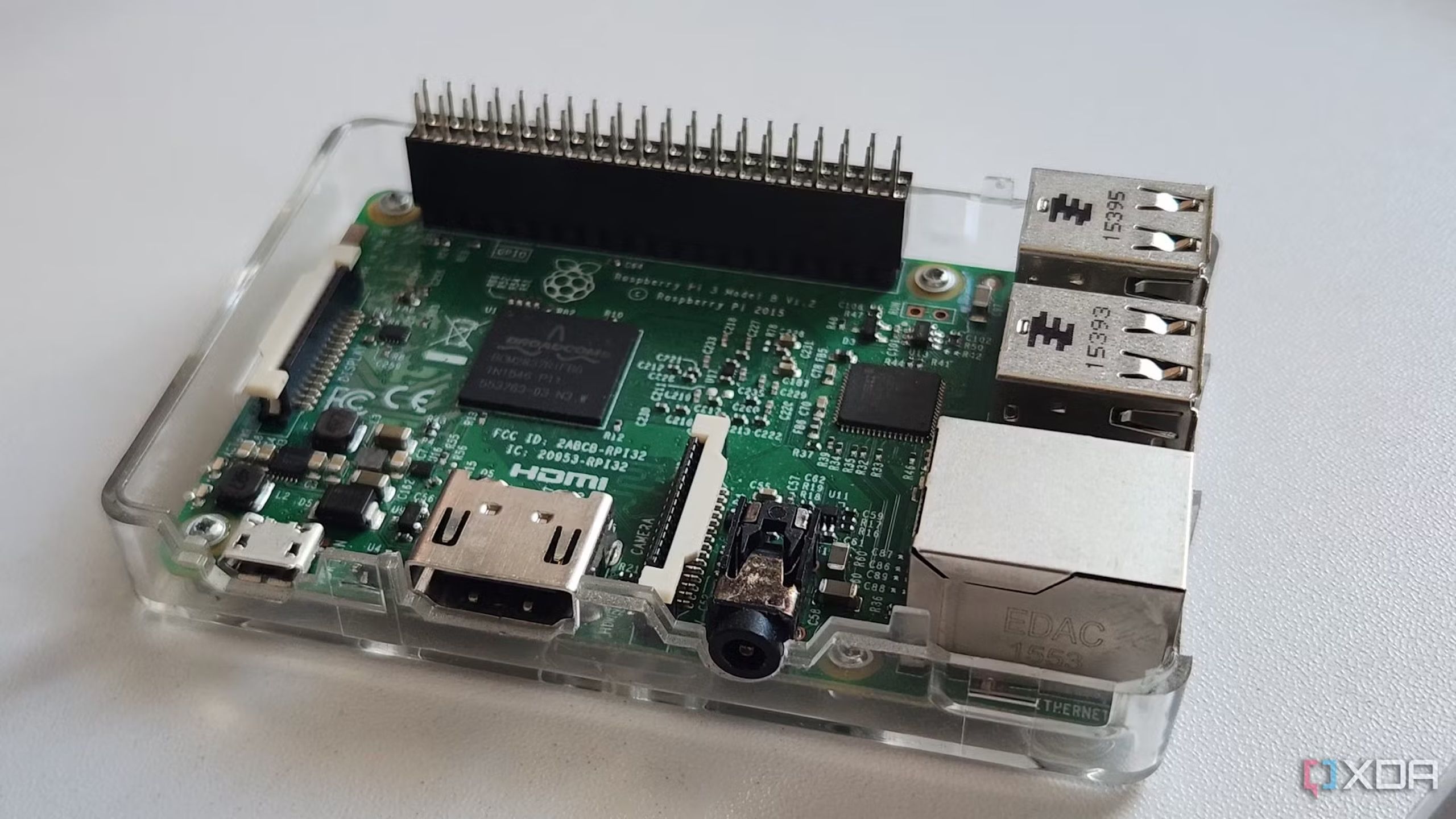BREAKING: Researchers have just announced a groundbreaking method for heart rate monitoring using affordable Raspberry Pi technology, eliminating the need for traditional wearables. This innovative approach utilizes Wi-Fi signals to achieve clinical-level accuracy, according to a newly published paper.
In a remarkable development for health technology, the researchers claim that their method can detect heart rates with exceptional precision, defying conventional expectations. The implications are profound: tracking vital health metrics could soon be accessible to anyone with a simple Wi-Fi-enabled device, dramatically reducing costs associated with health monitoring.
The research team emphasizes that this technique is not only innovative but also practical, as it leverages existing technology that many people already own. The Raspberry Pi, a low-cost computer, is capable of performing this sophisticated task without requiring users to wear specific devices.
Why This Matters NOW: As health monitoring becomes increasingly critical, especially post-pandemic, this technology could revolutionize how individuals and healthcare providers track heart health. It promises to make health insights more widely available, potentially leading to earlier detection of health issues and improved patient outcomes.
The study highlights the ability of Wi-Fi to penetrate through physical barriers, allowing for continuous heart rate monitoring without direct contact. This could be especially beneficial in settings where wearables may be impractical, such as in hospitals or for individuals with mobility challenges.
The researchers stress the potential for widespread application, from personal health management to professional healthcare environments. With a low entry cost and minimal technical requirements, this technology could democratize health monitoring, making it accessible to a broader audience.
As this development unfolds, experts in health technology and wireless communication are keenly observing its implications. The research community is buzzing with excitement about the possibilities this opens up, potentially paving the way for more innovations in remote health monitoring.
Stay tuned for more updates on this urgent development in health technology, as it could change the landscape of how we understand and manage our heart health.




